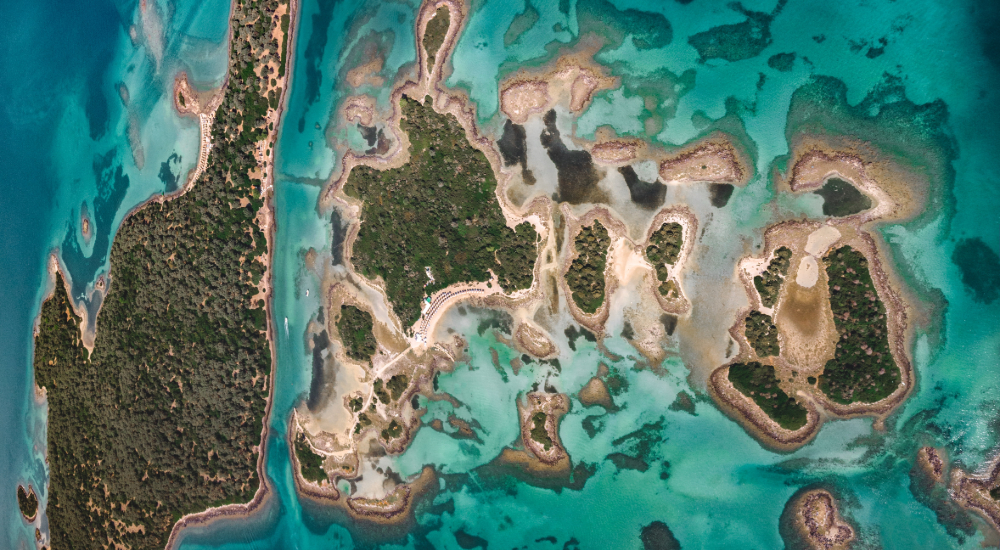The COVID-19 pandemic has disrupted travel and scuba diving operations worldwide, but more and more countries are taking new steps in returning to a “new normality.” As peak travel season approaches, Greece is getting ready to safely welcome international visitors. Scuba divers have even more reasons to celebrate Greece’s reopening as the authorities have also recently lifted some severe restrictions on scuba diving archaeological sites.
Ancient Shipwrecks Now Open for Scuba Diving
Until recently, those who attempted to dive some of the archeological sites and historical wrecks off the coast of Greece were faced with hefty fines. Scuba divers could only enter historical sites accompanied by archaeological divers and up to a certain depth. The recent bill, 4688/2020, now allows recreational scuba diving in all areas and eliminates some of the depth limits. Nonetheless, it is still required that divers are escorted by a member of a local certified dive club.
Greece’s Ministry of Culture, along with the Ministry of Tourism, designated four ancient shipwrecks to become the nation’s first underwater museums. The first two shipwrecks are set to open later this summer – one off the small island of Sapientza and one in Navarino Bay, off the Peloponnese peninsula. Some of the shipwrecks are more than 50 years old, vestiges of World War II.
The latest loosening of restrictions is part of a group of incentives designed to attract more travelers to the sun-kissed country in southeastern Europe. These new underwater museums will hopefully turn Greece into a more attractive destination for history lovers and wreck divers and revigorated the tourism sector that has taken a huge hit due to the current global pandemic. The new legislation could also potentially contribute to the economical growth of the more remote islands and create jobs in the local communities.
Who Can Visit Greece?
As of June 15, Greece has opened some of its land border crossings and as of July 1, all airports are scheduled to open to international flights. The reopening of Greece to international travel will apply to the countries that meet certain epidemiological criteria – more specifically, countries that managed to contain the spread of COVID-19 to low levels.
Before planning a holiday, it’s important that visitors check with their local authorities and visit the Hellenic Republic’s Ministry of Foreign Affairs website for updates on non-essential travel bans. Tourists may be subjected to COVID-19 testing upon arrival and those tested positive will be placed on a 14-day quarantine.
